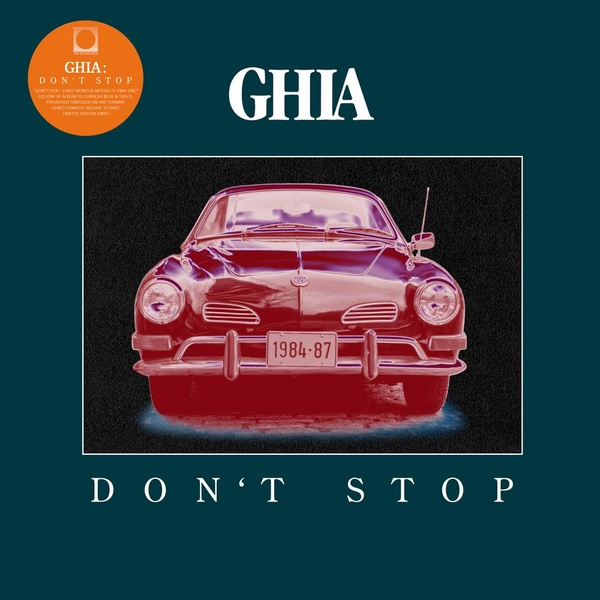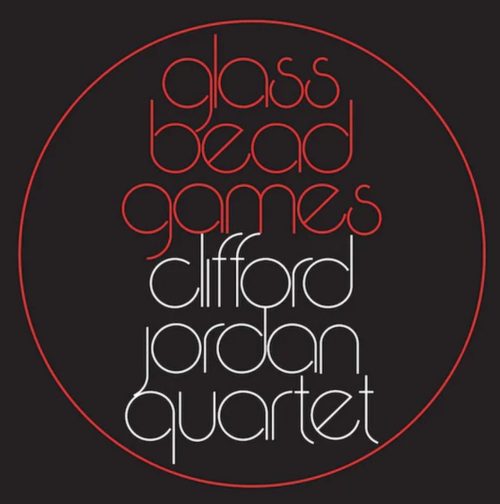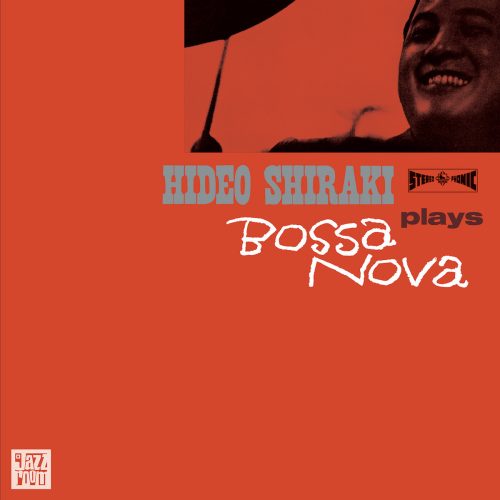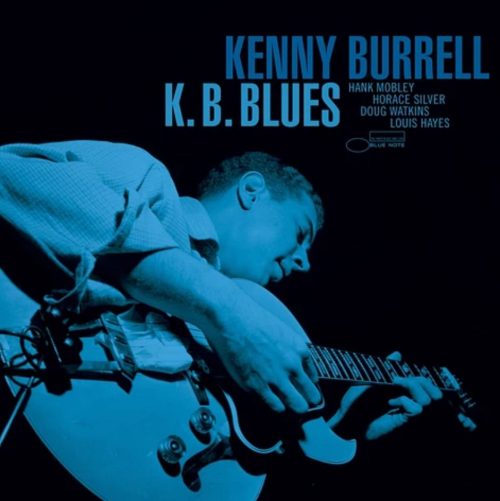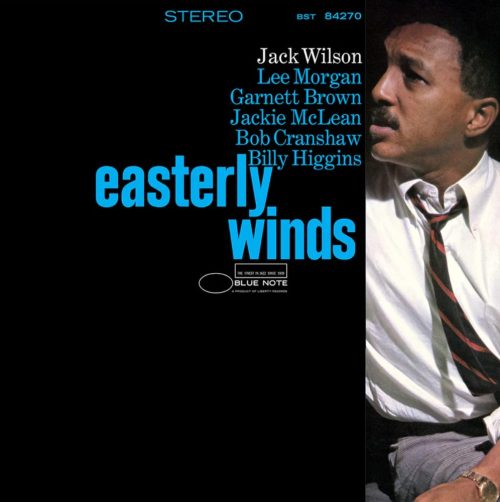Don’t Stop
Label: The Outer Edge
Format: LP
Genre: Soul, Funk, Jazz, Soul & Funk
$42.99
Availability: In stock
Don’t Stop is the third album retrospectively released by Ghia. As the subtitle Early Works & Artefacts 1984-1987 implies, it features some of their earliest compositions as well as tracks that were recorded during the same period as their Curaçao Blue LP. A range of genres, including electro, funk, soul, jazz-funk, synth pop, and even rap/hip-hop, all woven together as a cohesive, mostly instrumental work. As a whole, Don’t Stop represents Ghia’s funkiest and most experimental release to date. Notably, the LP features a rap version of Hermann Hesse’s controversial German poem “Armer Teufel am Morgen nach dem Maskenball” (Poor Devil the Morning After the Costume Ball) from 1926, accompanied by a drum machine rhythm and funky guitar. The title track and the thrilling minimal electro-funk tune “3 A.M. at Moëf Gaga” both evoke old-school electro influences. The latter references the Spanish discotheque Moëf Gaga, located on the Balearic coast, which the dynamic duo of Lutz Boberg and Frank Simon frequented during their 1980s holidays. One of the key tracks of the album is “Message From The Other Side”, which could easily be noted as one of the nicest European synth-funk instrumental pieces ever. The track is based on a sick synth bass line, sparkled with DX7 chord hits, funky guitar, and a delightful “marimba” solo. The solo was actually played on Boberg’s keyboard, using a special sound cartridge. This particular track had to be edited and technically revised by Marian Tone and DJ Scientist as the existing demo version of the song could not be used as is. Listening to the complete album, there is more of Boberg’s keyboard wizardry: the trumpet solo on “Jump In The Water” as well as the short but stunning slap bass solo on “Talk Too Much” were both played by on the DX7. However, Don’t Stop is not about solos or virtuous playing — it clearly shows the duo’s direction towards more electronic composition and clear song structures. The versions of “September Garden”, “When The Rain is Falling”, as well as “Talk Too Much” are actually instrumental mixdowns of vocal songs. And again, you get a blissful take of “Close To You”, here a version from 1986. Mastered and restored with great care, this is a perfect example of mid 1980s home-recording pleasures, tinged with a youthful spirit and providing a sound that cannot be recaptured anymore nowadays. Includes 30×30 cm insert with credits.

